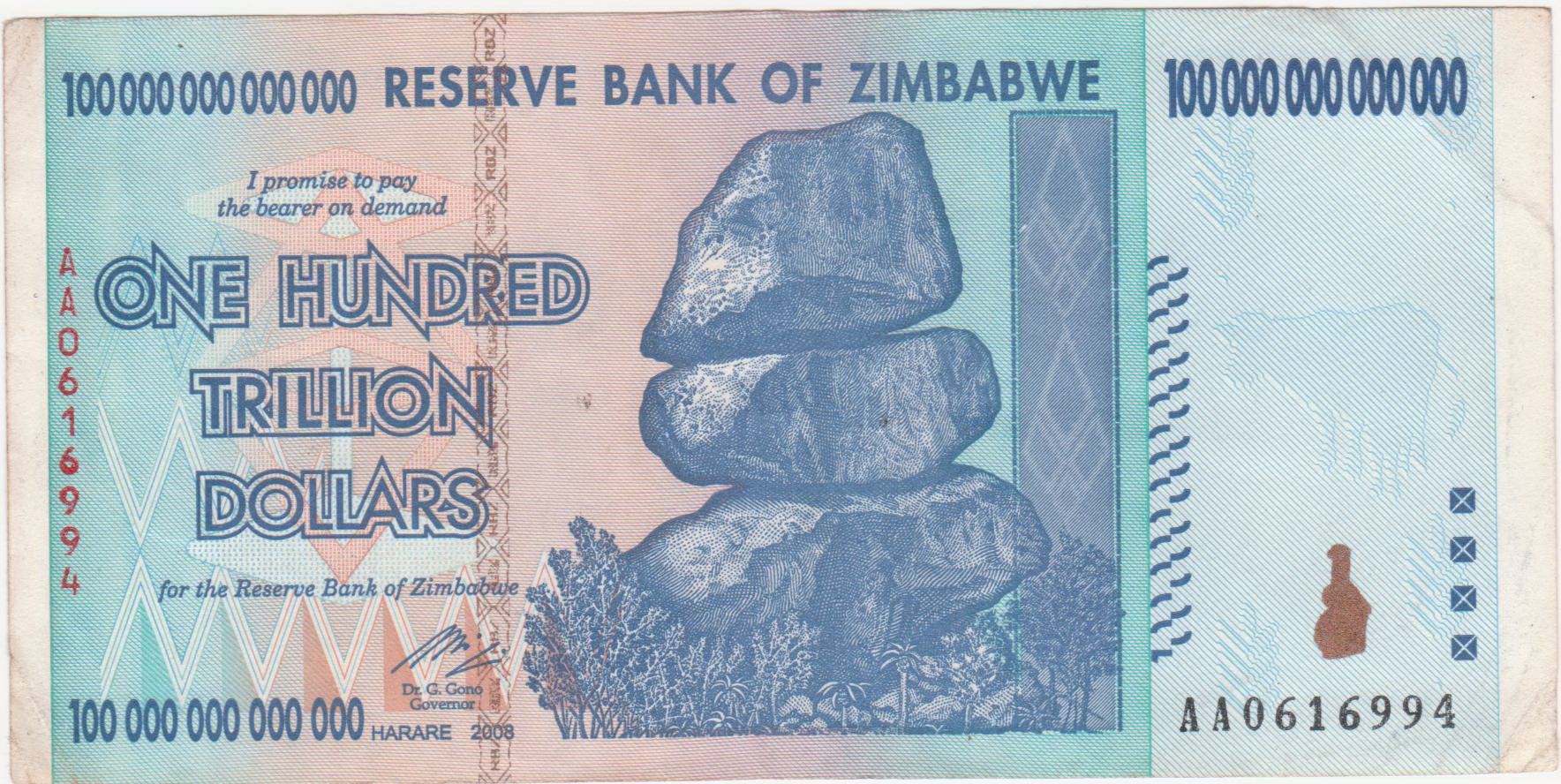The Removal of Foursquare’s Gamification: Difficult but Appropriate
Earlier this week, Twitter was run amuck by Foursquare Co-Founder and CEO, Dennis Crowley, and his statements about Foursquare’s overemphasis on gamification elements.
Crowley was discussing the future direction of Foursquare in an on-stage interview with Anil Dash (Co-Founder of Activate) at SXSW and stated that he was phasing out gamification from Foursquare in an effort to move away from the perception that Foursquare is only about points and badges.
Numerous people on Twitter were quick to take these statements as evidence that gamification itself was a mistake, when in fact Crowley explicitly mentioned that it was the overemphasis on points and badges that has led to Foursquare’s perception problem.
In fact, I would say that Crowley’s decision to ultimately phase out Foursquare’s gamification mechanics is one of the most mature decisions a gamification designer can make.
We’ve been well aware of Foursquare’s move away from gamification ever since their major redesign last summer as a response to user feedback and the waning interest in Foursquare’s game mechanics. It really hits home to know that one of the biggest and most successful examples of gamification is now looking to move away from it but it’s not necessarily a mistake. One of the biggest axioms of gamification design having constant care, extension and rebalancing for a successful system overtime.
The introduction of gamification into Foursquare is what made it so popular in the first place, especially given Crowley’s initial check-in service Dodgeball, was a big failure. The massive growth of Foursquare in its early stages is what sparked the massive emphasis on gamification because it was the only thing they knew that was working out for them in a state of unclear direction as a startup. It got everyone onboard and Foursquare saw 3400% growth in 2010. In the present day, Foursquare has cleared themselves from that fog of uncertainty and Crowley now has a clear idea of where he wants his service to go. If gamification is not part of that goal, iterating upon that system to improve it for a declining user-base that actually wants it is a shortsighted goal that’s ultimately destined to fail.
It must have been immensely difficult to reach the decision to take away these mechanics from Foursquare but if all its users all continue to perceive value in the service without the gamification (which seems like the case), then why have it? Gamification isn’t any service’s endgame; it’s a design construct to engage users further.
Crowley sees an opportunity to take Foursquare to the next level as a location discovery service. Even though it’s a crowded and competitive space, these are the hard decisions necessary to find continued growth and move Foursquare forward. Having a gamification system that is not aligned with the company’s goals and desires just simply doesn’t need to exist. I greatly respect Crowley for his ultimate decision to do this. Gamification can’t solve every problem, even if it used to at some point — times change.
And for that, I award Crowley with the “Goodbye Badge”.









